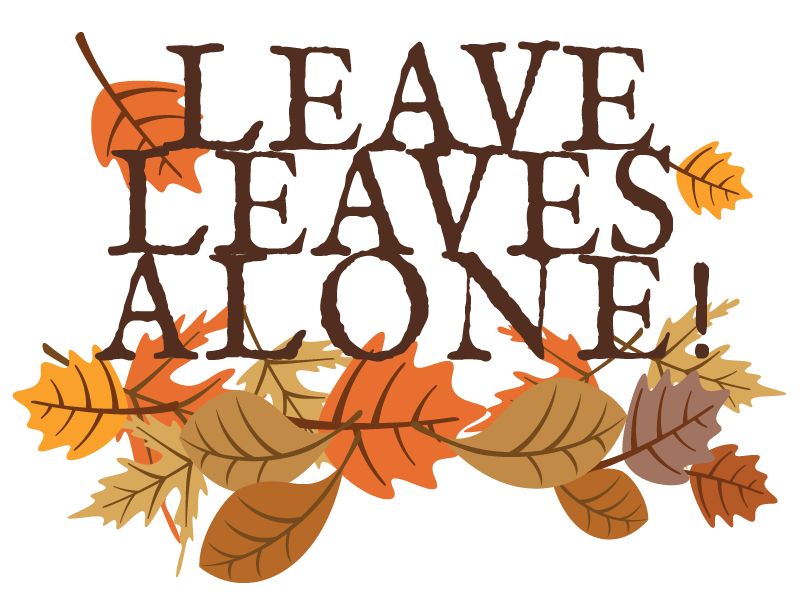What to Expect?
The interest in sustainable and earth friendly landscaping practices is growing. There is particular interest in practices that include minimization of leaf blower use, particularly gas leaf blowers, owing to their high emissions and damage to ecology. An increasing number of communities in the United States have banned gas leaf blowers entirely or seasonally, and the sale of gas leaf blowers in the State of California is now prohibited.
Regulations on gasoline operated engines, as well as restrictions on pesticides and synthetic fertilizers, will help to make the landscaping industry not just cleaner and healthier but also safer for its operators. Embracing these changes through careful planning and a thorough understanding of industry dynamics can mitigate potential economic challenges.
Staying informed about these changes and the industry advancements at local, national, and global levels will empower you to make strategic decisions, invest wisely, and safeguard the future of your business.
Regulations
Landscaping practices are subject to regulation at different levels of government, encompassing federal, state, county, and municipal jurisdictions. These regulations are designed to promote environmental sustainability, aesthetic appeal, and community well-being.
Federal Regulation: At the federal level, certain aspects of landscaping may be subject to regulations related to environmental protection, water conservation, and pesticide use. Federal agencies, such as the Environmental Protection Agency (EPA), the Department of Agriculture (USDA), and the U.S. Fish & Wildlife Service, establish guidelines to ensure that landscaping practices align with broader environmental goals.
State Regulations: States play a pivotal role in landscaping regulation, often tailoring guidelines to address regional environmental conditions. State agricultural departments may provide recommendations on plant selection and pest control, while environmental agencies set standards for water usage and conservation. Licensing requirements for landscaping professionals are commonly established at the state level.
County Regulations: Counties typically have specific ordinances related to landscaping, zoning, and property maintenance. These regulations may address issues such as setback requirements, the use of native plants, and limitations on the size and types of structures within a landscape. County extension offices often offer resources and guidance to residents and landscapers to ensure compliance.
Municipal Regulations: Municipalities, with their focus on local community aesthetics and functionality, often have the most direct impact on landscaping regulations. Zoning codes may dictate the types of plants allowed, the height of vegetation, and the use of certain landscaping features. Many municipalities also regulate noise levels and the use of certain equipment, such as leaf blowers, to maintain a peaceful community environment.
Leaf Blower Facts
There is growing concern about the health and environmental implications of leaf blower use and many scientific findings warrant such concern. Below is a comprehensive collection of science-based information about the impact of leaf blowing:
Full document
For a summary of leaf blower facts, click here >
Sub Chapters
For Leaf Blowers and Air Quality facts, click here >
For Leaf Blowers and Climate Change facts, click here >
For Leaf Blowers and Noise facts, click here >
For Leaf Blowers and Ecology facts, click here >
For Battery Powered Leaf Blowers facts, click here >
For Leaf Blowers and Legislation facts, click here >
Due to these concerns, laws are adopted and/or amended on municipal, county and state level to answer to these concerns. Confusing or not, as a professional landscaper you are responsible to keep track, and answer to these changes.
Finding Help with Transitioning
As a landscaper you are not alone; there are many resources, including professional landscaping organizations, turf associations, and organizations specializing in organic care or other sustainable practices. All states have a university that offers agricultural sciences in which landscaping is included. The federal and state Departments of Environment and Conservation (DEP and DEC) also offer information and opportunities for landscapers. Further, many landscapers are generous with sharing information online; Youtube offers a treasure-trove of good information on most of the subjects you might be interested in as a landscaper.
A Healthy Future
This is a great time for the landscaping industry. Homeowners and landscape designers are increasingly looking to make our yards matter in multiple ways: water management, drought, food supply, support of wildlife and, of course, beauty and pleasure. To make it happen they need professional help, so expect your job to become more interesting and of great value in the nearby future. Start with better leaf management. But don’t stop there. There is so much more to learn and offer as a landscaper.
Leave Leaves Alone is located in Bedford Hills, NY email: leaveleavesalone@gmail.com






